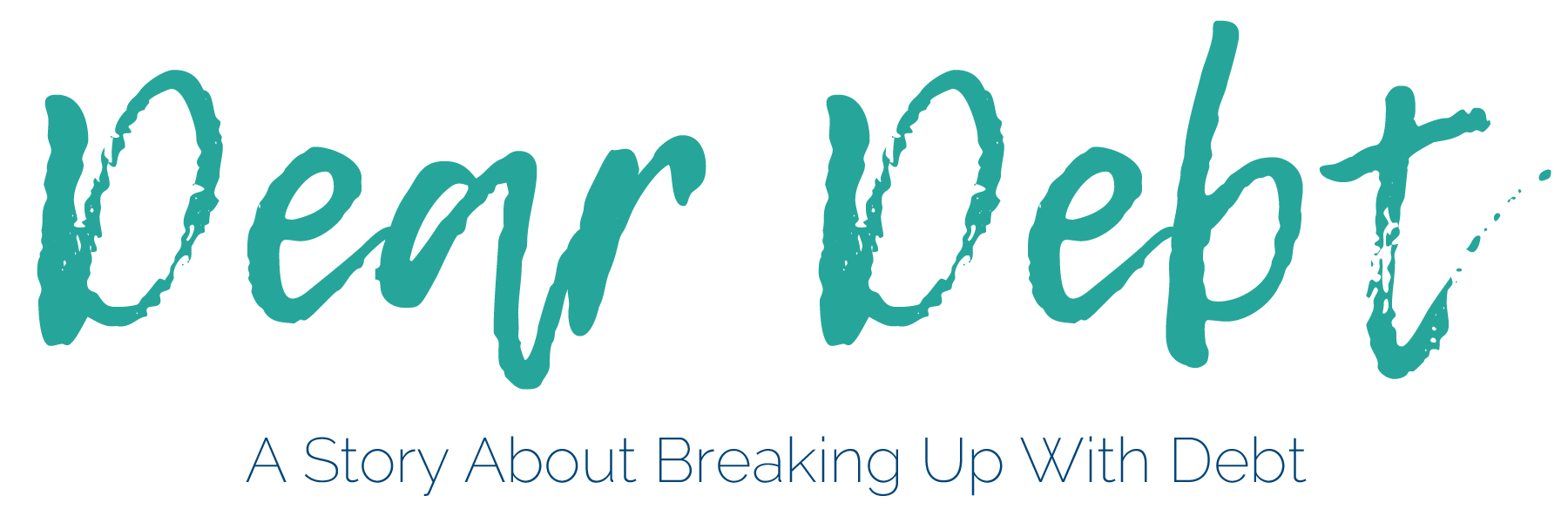Millennials entering the workforce may be overwhelmed with stress about the economy. In truth, the American economy is not in the same place that it was when older generations were entering the workforce. For this reason, it is key that millennials begin thinking about money differently.
Lack of proper financial know-how is affecting young people from all walks of life. It was recently reported that Wesley Edens, owner of the Milwaukee Bucks NBA team, was holding financial planning classes for his young players due to the high number of professional basketball players ending up bankrupt. While we don’t all have a coach to help us plan our financial futures, we can take some basic steps to begin building healthy money habits as soon as we enter the workforce.
Learn to Budget
Let’s face it, making money feels good. After your first month of putting in 40 hour weeks, that paycheck is burning a hole in your wallet. And while, yes, making more money means that you should be able to spend more, it is important that you think through how to spend it before going on a shopping spree. Before you receive your first check, it is vital that you create a budget.
There are many formulas for healthy financial living, but most will have you spending the bulk of your money on housing and food. After this comes transportation, debt repayment, and savings. Finally, you have entertainment, clothing, and medical expenses.
Based on your current salary and living situation, put together a budget that will allow you to know how much money you have each month to spend on each budget item. Then make sure that you keep up with your spending. You can do this manually or using a budgeting software. Mint provides a great free budgeting tool, which pulls information from your bank accounts and alerts you when you are spending too much in one budget category. Just like a diet, sticking to a budget will pay off big time in the long run.
Save, Save, Save
Saving money may not seem like a priority when you first start working, but it should be. As mentioned above, when you create your budget, you should have a line item designated to savings. In general, you should try to save between 10 and 30 percent of your salary each month.
You should try to save more early on when you have fewer expenses (such as a family or mortgage). Create goals for yourself to work toward. For example, you may want to buy a new car or put a down payment on a home. By creating savings goals, you can make headway toward these objectives without depleting your savings account or acquiring massive amounts of debt. Put your money in a savings account, which accrues interest and is not as easy to access for best savings results.
You should also make plans to begin saving for retirement as soon as you have a solid income. If your company offers a 401(k) or pension plan, go ahead and participate. You can decide how much you would like to contribute and it is taken directly out of your paycheck, making it a mostly painless way to begin saving. Your company also contributes to this account. The sooner you start saving for retirement, the better off you will be in the long run.
Be Sure to Pay Down Debt
While you definitely shouldn’t plan to go into debt, it is important to note the different kinds of debt you can have. Credit cards are not a great kind of debt. Generally, spending money that you do not have is never a good idea and can catch up with you.
Most people, however, do not have the money to pay for things like college. In this case, you may have to take out student loans. Luckily, when you take out student loans and you make consistent on-time payment, you begin to acquire points toward your credit score.
Your credit score tells banks how reliable you are at paying back money. The more reliable you are, the more likely they are to loan you money when you want to purchase your first car or home.
Using these three tips, you can build a solid financial foundation for yourself — so you can worry less and enjoy life more.
- Talking About Money and Mental Health - September 12, 2022
- Dear Debt, We’re Better Apart - June 27, 2022
- Announcing The Mental Health and Wealth Summit - May 4, 2021

3 comments
*Sigh*. These are, of course, great tips, none of which I followed during my 20s. I definitely bought into the idea that your 20s are a time to have fun, travel, and not worry too much about money. And while having fun and traveling are great, it would have been nice if I’d also thought about things like compound interest. Ah well. Luckily these tips are still relevant now! I’m on the verge of finishing grad school and beginning to pay down a LOT of student debt, I’m tracking my spending (and spending less as a result), and I’m starting to put money into my 401k.
So yes, good advice for anyone of any generation! 🙂
Same here — but now I’ve learned 😉
You have covered in a pretty concise manner just the things anyone entering the workforce should know. I know how the initial rush of earning money on your own feels. I think I was a zombie with my money in the initial years, knowing just how much money came in every month but with no inkling of how much or on what was I spending it. Thankfully some retirement money is parked aside through the employer program and with all the personal finance blogs I am now looking at other ways to straighten my financial life.